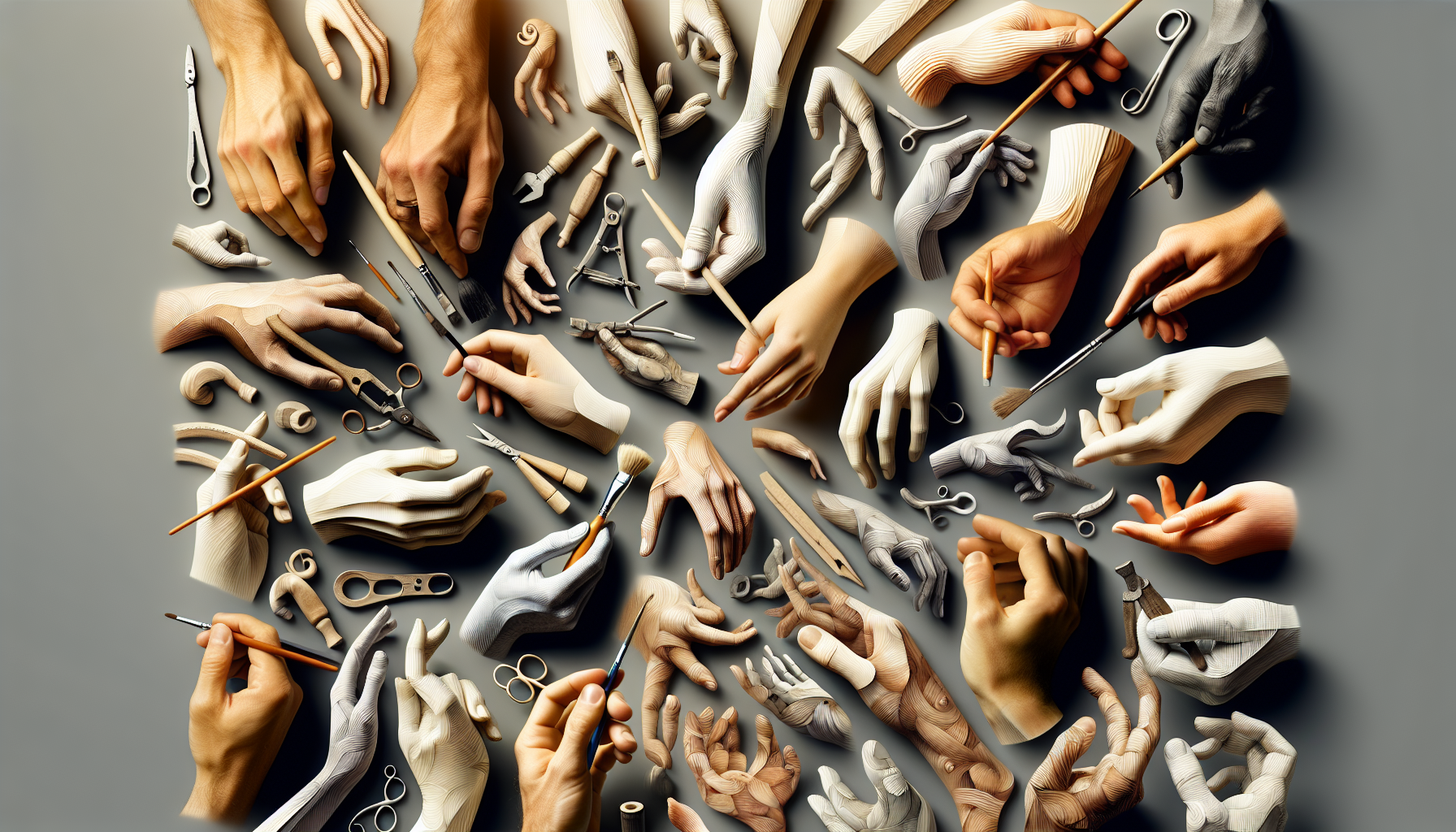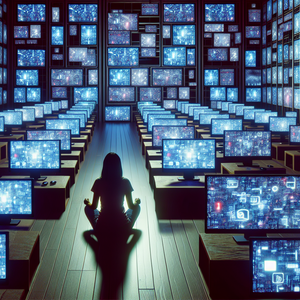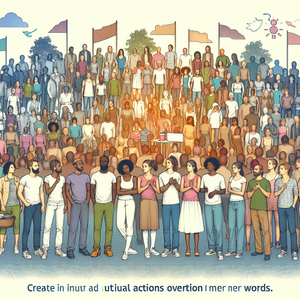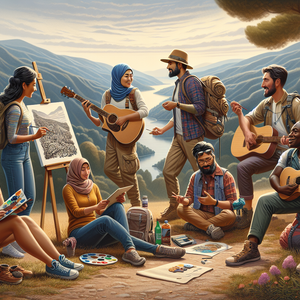Liam Payne and Mental Health: A Candid Conversation

Liam Payne rose to fame as a member of One Direction, a group that dominated the charts and captured the hearts of millions. However, with fame comes pressure, and Payne has been open about how the intense spotlight affected his mental health. In interviews, he has revealed feelings of anxiety and self-doubt that accompanied his rise to stardom. The expectations placed on him, both by fans and the industry, contributed to a sense of isolation—a sentiment that many artists experience yet often feel unable to share. For instance, in a revealing interview with The Independent, Payne discussed how the relentless scrutiny of his personal life and the demands of constant touring led to overwhelming feelings of insecurity and loneliness.
Breaking the Silence
In a courageous move, Payne began to speak openly about his mental health challenges. He has used his platform to address issues such as anxiety and depression, highlighting the importance of breaking the stigma surrounding these topics. By sharing his story, Payne encourages others to seek help and fosters a sense of community among those who may feel alone in their struggles. His openness not only resonates with fans but also serves as a reminder that vulnerability is a strength, not a weakness. During a candid conversation on The Diary of a CEO podcast, he emphasized that discussing mental health should be as normalized as discussing physical health, reinforcing the idea that everyone faces their own battles.
Music as a Cathartic Outlet
Payne's experiences with mental health have significantly influenced his songwriting. His lyrics often reflect his inner battles, allowing him to express emotions that many listeners can relate to. In his solo work, songs such as "Polaroid" and "Stack It Up" touch on themes of self-reflection and personal growth, showcasing how he channels his struggles into art. The song "Polaroid," in particular, explores the concept of preserving memories while grappling with the passage of time and the changes it brings. This authenticity not only enriches his music but also creates a deeper connection with his audience, as fans find solace in knowing they are not alone in their feelings.
Advocating for Change
Beyond his music, Payne has actively participated in campaigns aimed at raising awareness about mental health. Collaborating with organizations such as the We Movement, he has helped promote initiatives that encourage open dialogue and provide resources for those in need. His philanthropic efforts are a testament to his commitment to using his influence for good, inspiring fans to engage in mental health advocacy as well. For example, his involvement in the #WeAreAllHuman campaign underscores the importance of unity and support in addressing mental health issues, encouraging individuals to come together for a common cause.
Building a Supportive Community
As Payne continues to share his journey, he cultivates a supportive community among his fans. Social media plays a crucial role in this, as he often engages with followers who share their own stories of mental health struggles. This exchange fosters a sense of belonging and encourages individuals to support one another. In a world that can often feel isolating, Payne's efforts to create a safe space for discussion about mental health are invaluable. His use of platforms like Instagram to share personal insights and connect with fans demonstrates a commitment to building a dialogue that transcends traditional artist-fan relationships.
Liam Payne's openness about his mental health struggles marks a significant shift in the music industry, where vulnerability is often overshadowed by the pressures of fame. By sharing his experiences, he not only raises awareness but also inspires others to embrace their own journeys. Through his music and advocacy, Payne exemplifies the power of using one's platform for good, encouraging fans to engage in conversations about mental health. As the dialogue continues to grow, artists like Liam Payne are leading the way, showing that it’s okay to not be okay and that seeking help is a crucial step towards healing. In this candid conversation, Payne reminds us all that we are not alone in our struggles, and together, we can foster a more supportive and understanding world. In doing so, he not only redefines what it means to be a celebrity but also paves the way for a more compassionate and empathetic society.
Mental Health Advocate
Nonprofit organizations, mental health clinics, and community health centers
Core Responsibilities
Develop and implement community outreach programs focused on mental health awareness and education.
Collaborate with local organizations and stakeholders to create supportive resources for individuals facing mental health challenges.
Conduct workshops and seminars to provide training on mental health first aid and crisis intervention.
Required Skills
Strong communication and interpersonal skills for engaging with diverse audiences.
Knowledge of mental health issues, resources, and advocacy strategies.
Experience in public speaking and educational program development.
Music Therapist
Hospitals, rehabilitation centers, schools, and private practices
Core Responsibilities
Design and implement music-based interventions to promote healing and emotional well-being in individuals with mental health issues.
Assess client needs and progress through observation and feedback during therapy sessions.
Collaborate with mental health professionals to integrate music therapy into comprehensive treatment plans.
Required Skills
A degree in music therapy or a related field, along with certification from a recognized organization.
Proficiency in playing musical instruments and a strong understanding of music theory.
Empathy and strong listening skills to connect with clients on a personal level.
Community Engagement Coordinator
Nonprofit organizations, government agencies, and educational institutions
Core Responsibilities
Facilitate partnerships between mental health organizations and local communities to promote awareness and support initiatives.
Organize events, workshops, and campaigns focused on mental health education and advocacy.
Manage social media and online platforms to enhance the organization's community outreach efforts.
Required Skills
Strong organizational skills with the ability to manage multiple projects simultaneously.
Proficiency in digital marketing and community engagement strategies.
Excellent communication and networking abilities to foster relationships with stakeholders.
Music Industry Publicist
PR agencies, record labels, and independent artists
Core Responsibilities
Develop and execute public relations strategies for artists, focusing on their mental health advocacy and personal narratives.
Manage media relations and secure coverage in outlets that align with the artist's message and mission.
Craft press materials and coordinate interviews that emphasize the artist's commitment to mental health awareness.
Required Skills
Strong understanding of the music industry and its unique dynamics.
Excellent writing and storytelling abilities to convey artist narratives effectively.
Proven experience in public relations or communications, particularly in entertainment.
Social Media Manager for Mental Health Organizations
Mental health advocacy organizations, nonprofits, and healthcare providers
Core Responsibilities
Create and curate engaging content that raises awareness about mental health issues and promotes available resources.
Monitor social media channels for community engagement and respond to inquiries regarding mental health support.
Analyze social media metrics to assess the impact of campaigns and adjust strategies accordingly.
Required Skills
Proficiency in social media platforms and analytics tools.
Creative content creation skills, including graphic design and video editing.
Understanding of mental health topics and sensitivity in communication.


